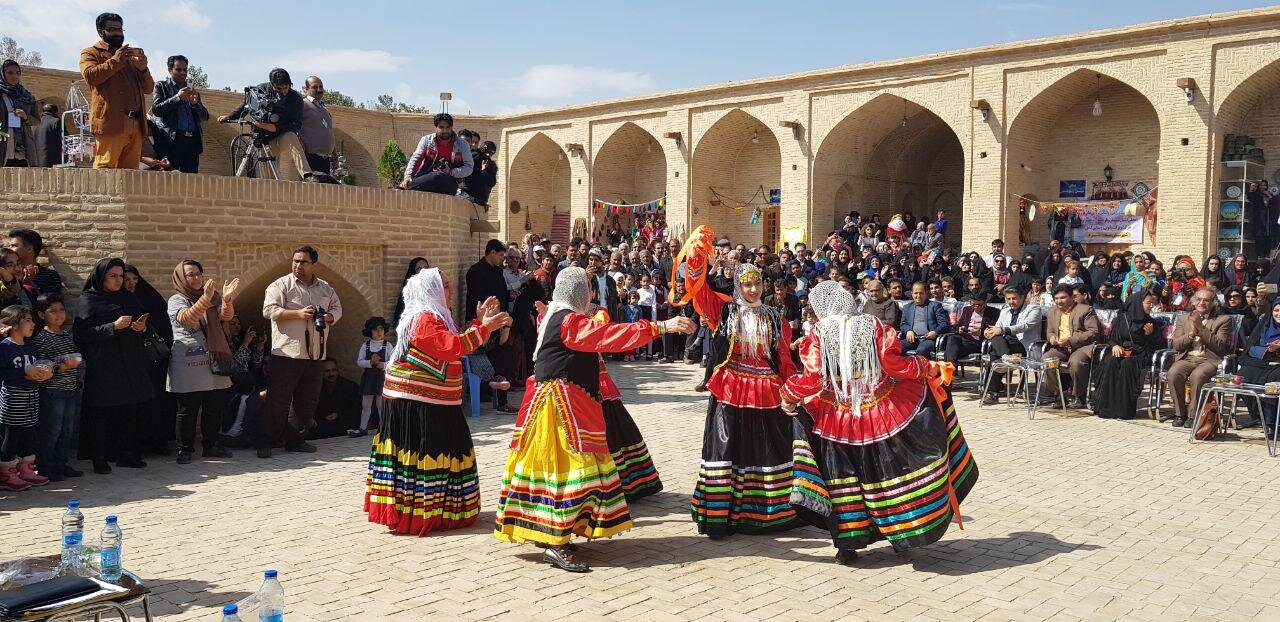Traditional games seen as a path to boost tourism and preserve local culture

TEHRAN – Traditional games rooted in Iran’s cultural heritage could serve as both a tool for preserving local identity and a driver of sustainable tourism, according to new research focused on Yazd province.
These indigenous games, once central to community life across generations, provided not only entertainment but also physical, mental, and social development, scholars say.
With simple rules and minimal equipment, they encouraged teamwork, strategy, and coordination. Yet with the rise of digital entertainment and changing lifestyles, many of them risk fading into obscurity.
The decline, experts warn, threatens not only sorts of related intangible cultural heritage but also untapped tourism potential. By integrating local games into tourism programs, communities could both safeguard traditions and create unique experiences for domestic and international visitors.
“In many countries, combining traditional sports and games with tourism initiatives has become a successful approach to sustainable development,” said Fa’ezeh Asadian Ardakani, a faculty member at Yazd University’s School of Economics, Management and Accounting. She recently conducted a study on the role of local games in developing tourism and protecting cultural identity in Yazd.
The research analyzed educational, psychological, social and historical aspects of traditional games in the region and compared them with similar practices in other cultures. Findings indicate that reviving these activities through cultural festivals and tourism packages could generate jobs, strengthen community bonds, and create lasting memories for visitors.
One recommendation is the organization of seasonal festivals where tourists can not only watch but also participate in traditional games. Other proposals include designing tourism packages that combine game experiences with visits to Yazd’s historical sites, establishing a museum of local games, and using digital platforms to promote them internationally.
“Traditional games are not just old pastimes,” the study suggested. “They are cultural and economic assets that can bridge the past and present, while shaping a more dynamic future for local communities.”
The research article has been published in the academic journal Folklore and Literature, affiliated with Tarbiat Modares University.
The research article has been published in the academic journal Folklore and Literature, affiliated with Tarbiat Modares University.
According to Asadian Ardakani, the study could spark greater attention among policymakers and tourism stakeholders toward the overlooked potential of traditional games in Iran’s heritage and tourism industries.
AM
Leave a Comment